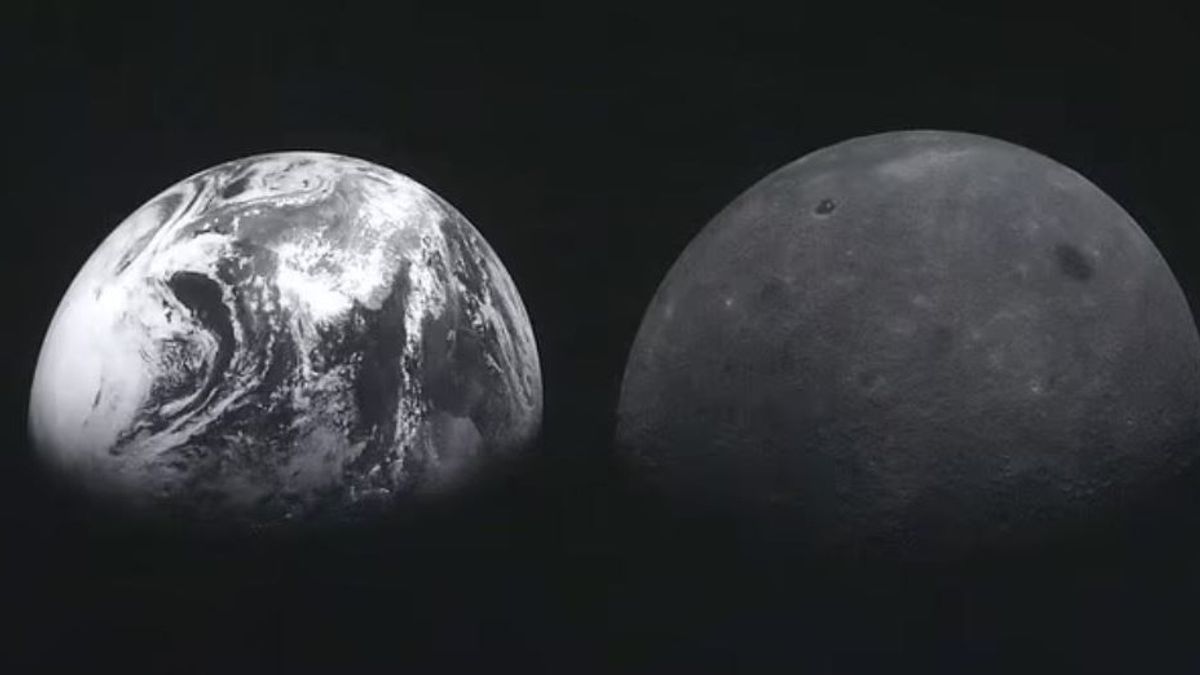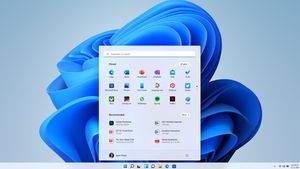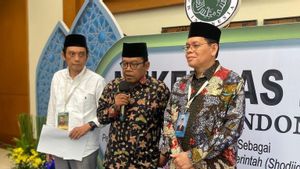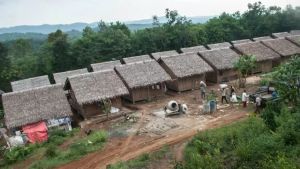JAKARTA – The first lunar orbiting satellite from South Korea has sent back stunning black-and-white photos of the moon surface and Earth.
Danuri, a combination of the Korean words for 'moon' and 'enjoy', was launched on a SpaceX rocket from the US in August 2022 and entered lunar orbit last December.
The probe will begin its scientific mission next month, which will include mapping and analyzing the lunar field, as well as measuring the strength of the magnet and gamma rays.
The $180 million orbiter will also test experimental 'internet of space' technology by transmitting photos and video to Earth, which will then be used to select potential sites for the South Korean probe's moon landing in 2032.
The country has laid out ambitious plans for its space program, including landing a spacecraft on Mars in 2045.
Danuri currently circles the moon every two hours, and by reaching its orbit, South Korea has become the seventh lunar explorer in the world and fourth in Asia, after China, Japan and India.
The first images of the 1.495 lb (678 kg) spacecraft, taken between December 24 and January 1, show the surface of the moon and Earth.
According to the Korea Aerospace Research Institute in a statement, the image was taken from less than 75 miles (120 kilometers) above the moon.
VOIR éGALEMENT:
South Korean President Yoon Suk-yeol hailed Danuri's achievement as a "historic moment" in the country's space program.
The spacecraft has six science instruments, five of which are self-made and one, called ShadowCam, provided by NASA.
Reported by the Daily Mail, this plane will hunt for water ice in the permanently dark moon crater this month.
Measurements from the magnetometer on the orbiter can also help scientists better understand the moon's residual magnetic field.
In June, South Korea successfully launched its first satellite into orbit, which is also seen as a historic step in the country's space programme.
The English, Chinese, Japanese, Arabic, and French versions are automatically generated by the AI. So there may still be inaccuracies in translating, please always see Indonesian as our main language. (system supported by DigitalSiber.id)


















